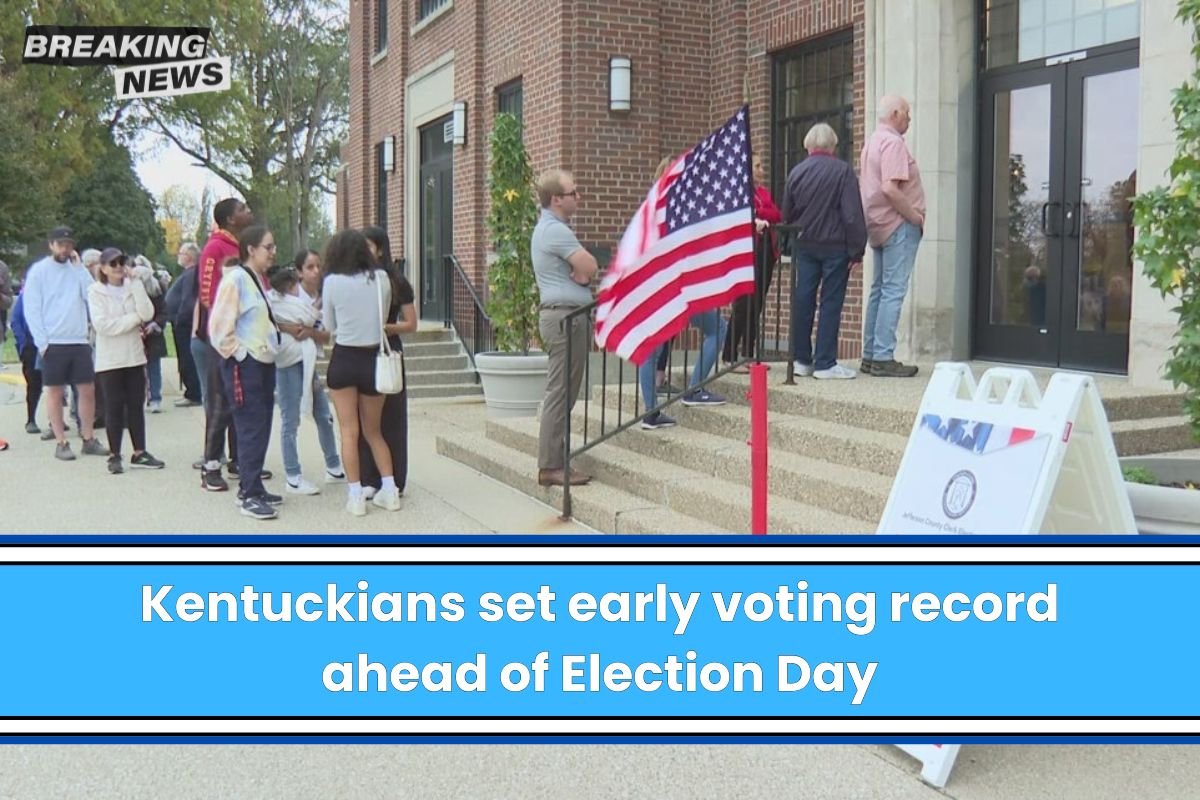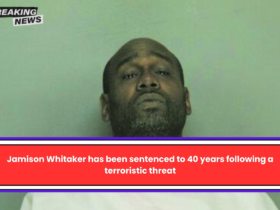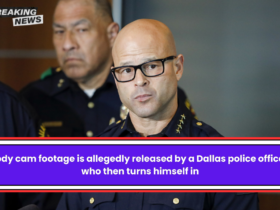After being quiet for two weeks, a Florida agency said it had given state Rep. Carolina Amesty’s family-run school, which is linked to the forgery charge against her, a short license extension.
The news did not come out until about an hour after the results of the election showed that the lawmaker had lost her chance to stay in office.
It clears up any confusion about how the Commission for Independent Education voted in a public meeting on October 22 on Central Christian University’s request for a license extension.
The school needed this in order to keep advertising bachelor’s and master’s degrees in secular topics. Members of the commission board never said during the meeting if they were going to agree to the request.
The Florida Department of Law Enforcement had released a report just one week before that said Amesty “frauded” the state by forging a signature on an important part of Central Christian University’s initial license application.
A grand jury indicted Amesty in August on four felony charges connected to the school’s state licensing application, which she notarized while she was an administrator in 2021. The investigation by the FDLE is still going on.
This week, Amesty barely missed getting re-elected. Democrat Leonard Spencer got 50.8% of the vote, beating her by a small percentage.
Spencer, a former Disney executive, will be the representative for Florida House District 45. This district includes a part of northwest Osceola County and most of southwestern Orange County, including Horizon West, Windermere, and Disney World.
Amesty used to be a vice president for Central Christian. She talked about this job when she ran for the state House the first time, two years ago.
The school on North Hiawassee Road in Orange County is still run by her family. Her father, Juan Amesty, is the head of the school.
In Florida, places that only offer religious services, like Central Christian used to, do not need licenses to run.
But the small college requested a license in 2019 when it planned to grow and add non-religious classes in business management and political science, for example. Florida first let Central Christian apply in 2022, and they got it again last year.
A reporter from the Sentinel watched the video meeting of the Commission for Independent Education board on Oct. 22 and did not learn much about this year’s request for an extension. Members voted without much discussion to accept what was only called a “staff recommendation.”
The meeting agenda did not say anything about what advice they had been given, and the commission did not give them any supporting materials, which would be subject to Florida’s open records laws.
After that, the appointed board members and workers of the agency, which is part of the Florida Department of Education, would not say for two weeks if an extension was given or how long it would last.
The Orange County Elections Office posted the full results for vote-by-mail ballots around noon on Wednesday, which showed the end outcome of the House District 45 race.
About an hour after that update, workers from the education commission sent the Sentinel a two-page document with their advice on how to extend the school’s license, but only until November 30.
What will happen to the school after that date is not written in the report. The paper says this was the school’s second request for more time.
From what we can tell, the commission wants more information from the school before giving them a longer stay.
They include a letter from May 23 from Juan Amesty, who is the head of the school and the father of Carolina Amesty. He asks that the school’s license be extended until the end of November.
Juan Amesty wrote, “We will need more time to forward all of the information.” It is not clear what other papers the school was asked to send, though.
It is also not clear if the commission members who decided to renew the school’s license in October knew about the indictment or the claims about Amesty’s behavior.
But reporters from the Sentinel emailed commission staff the day Amesty was charged and asked for a statement. And Tiffany Hurst, who is the executive head of the commission, talked to FDLE investigators last summer.
A March Sentinel story was the first to question Amnesty’s actions regarding a job application for Robert Shaffer, a senior teacher with a Ph.D. from the University of Florida.
This led to the state’s criminal investigation that led to the charges. A paper with Shaffer’s signature was notarized by Amnesty, but Shaffer told the Sentinel that he did not sign it.
Three people who know a lot about handwriting told the Sentinel that they did not think the writing on the signing line was Shaffer’s. This was used as part of the story.
The new investigation report says that an FDLE handwriting expert agreed with their conclusions in the end, saying that Shaffer “highly probably did not write” his signature on the form.
A person who studies handwriting for FDLE found that Amesty “probably” wrote Shaffer’s name on the signing line instead.
During their investigation, FDLE agents asked Hurst of the commission if the group would have given the school a license even though it knew it had given false information on its application. The woman said it “depended on the situation,” the investigation report says.














Leave a Reply